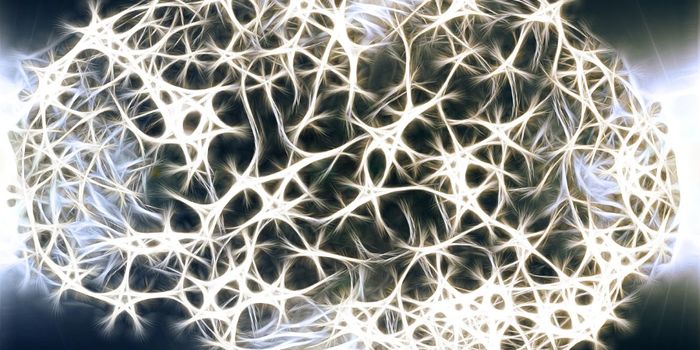Traumatic brain injuries (TBI) are the leading cause of death and disability for Americans under the age of 45. Specifically, 5 million people in the U.S. are living with a chronic disability due to a TBI. There is currently no effective drug to help those with TBI, but there is a great demand for some such therapeutic. Not only would an effective TBI therapeutic restore the learning and memory deficits in those affected, but would lower the cost of TBIs, which currently stands at the astounding number of $76.5 billion annually.

As you might imagine from the name “traumatic brain injury,” a TBI is caused by an impact to the head. TBIs by themselves can be fatal, but of those who survive, ~80% experience problems with learning and memory in the months and years after the trauma. Drugs such as Ritalin (methylphenidate) and Aricept (donepezil) are sometimes used to help manage the deficits, but neither one treats the underlying cause. Both drugs, though they operate on different neurotransmitter systems, functional similarly in that they increase attention and paying attention is the first step in learning and memory. However, they do not affect the downstream processes of memory formation.
A recent effort between the University of Miami and The Miami Project to Cure Paralysis determines the brain changes that occur in the months after a TBI that affect learning and memory and also tests a drug candidate to correct these changes. The paper, entitled “Chronic Cognitive Dysfunction after Traumatic Brain Injury is Improved with a Phosphodiesterase 4B Inhibitor,” was recently published in
The Journal of Neuroscience.
The researchers induced TBI in rats and left them untreated for 3 months before looking for changes in the brain. What they found was decreased levels of 2 proteins, cAMP and CREB, that are crucial for learning and memory formation. In a healthy, non-traumatized brain, neuronal activity elevates cAMP levels which in turn activates CREB to strengthen synaptic connections, induce long term potentiation, and form memories.
By using a very specific enzyme inhibitor, the researchers hoped to inhibit the degradation of cAMP to increase the amount available to activate CREB. This strategy has been tried in the past, but with less specific inhibitors that caused undesirable effects. The use of a specific phosphodiesterase 4B inhibitor (PDE4B inhibitor) instead of a pan-PDE4 inhibitor looks very promising in the rat model of TBI. 3 months after an untreated TBI, administration of the specific PDE4B inhibitor restored memory deficits in the injured rats to nearly non-injured levels without causing the side effects of emesis and diarrhea.
The PDE4B inhibitor used in the study is in the company Tetra Discovery’s pipeline and is being tested for other indications as well. There is hope that this specific PDE4B inhibitor can be used for other neurological disorders such as schizophrenia and depression. Some kind of therapeutic for the learning and memory deficits in TBI is needed, and Tetra’s compound looks like a good start.
Sources:
FierceBiotech and
PR Newswire









